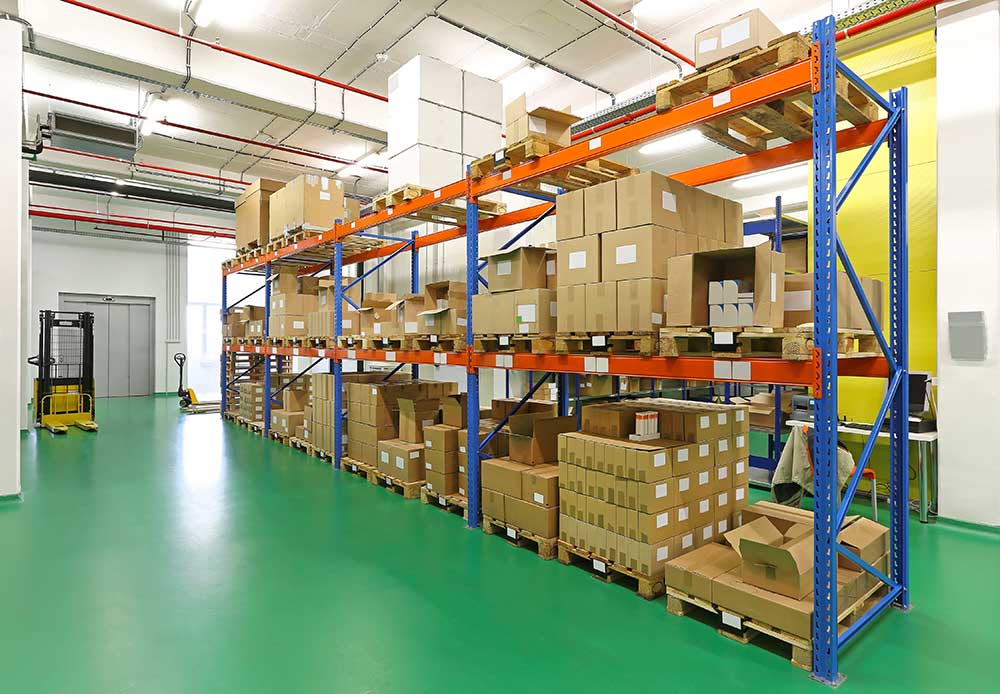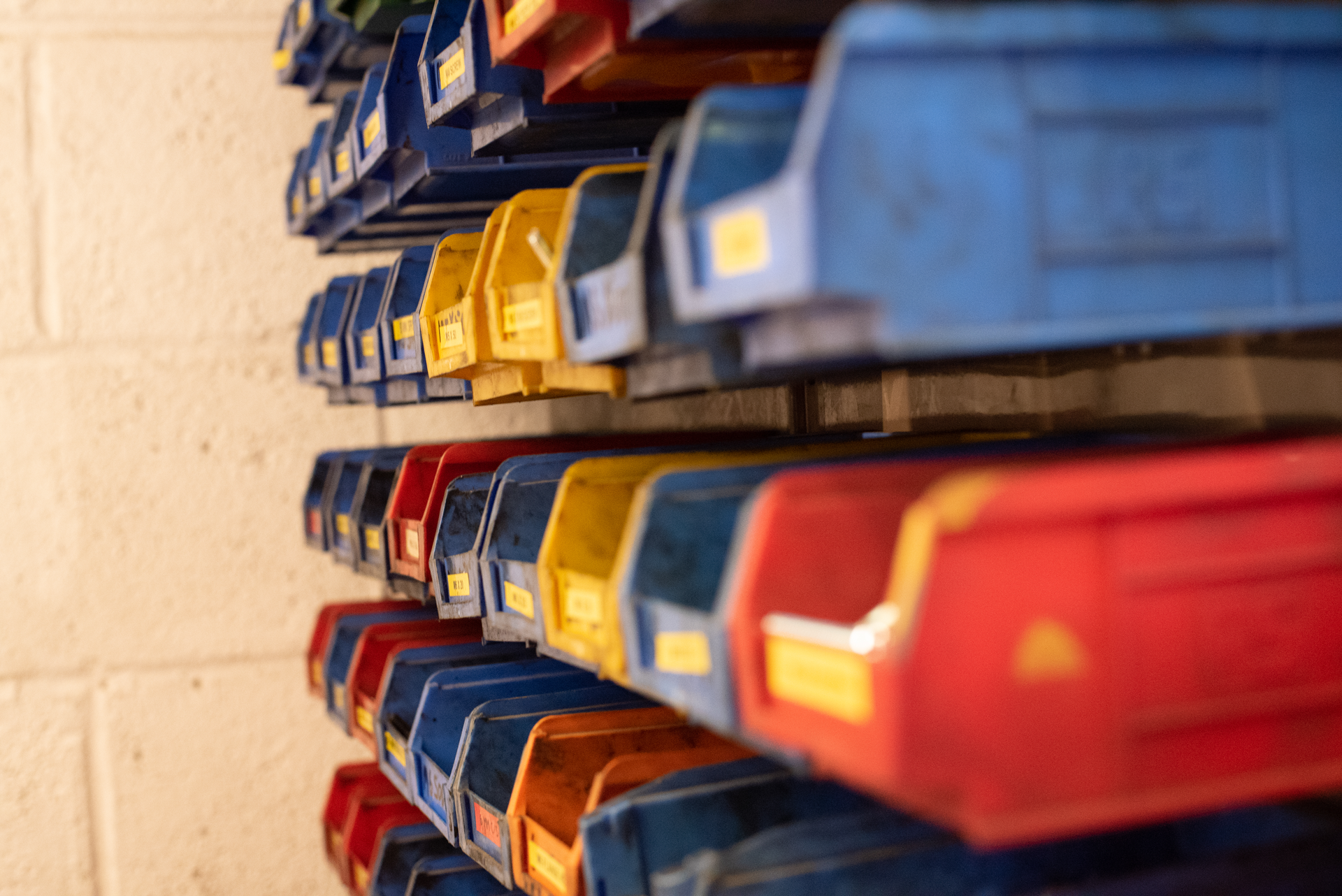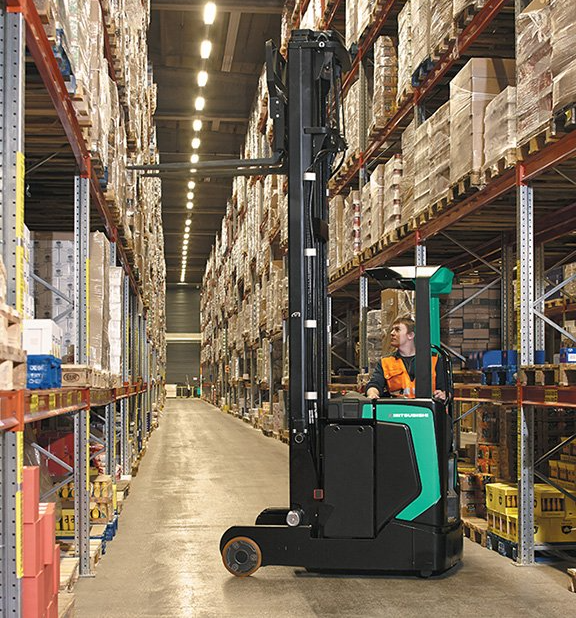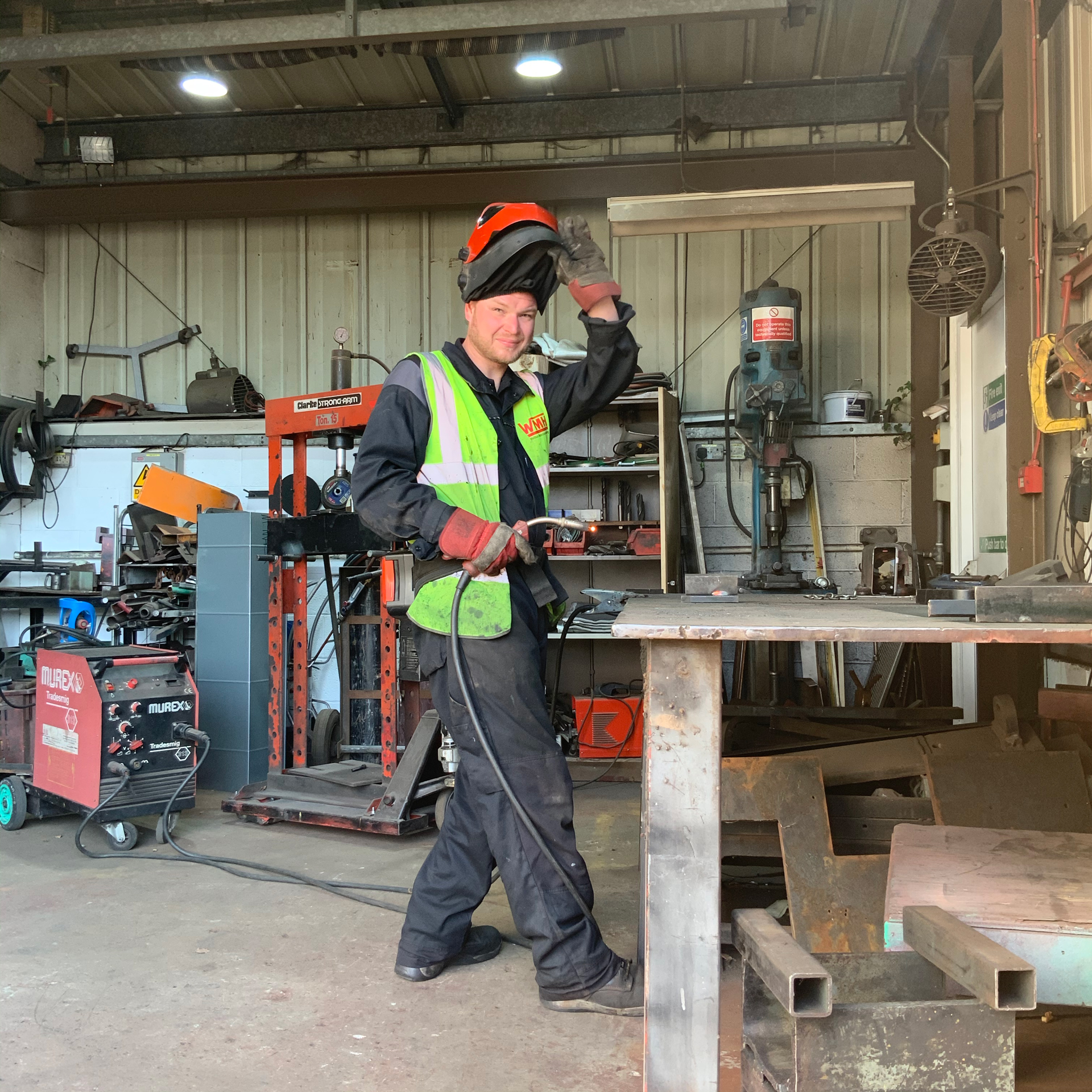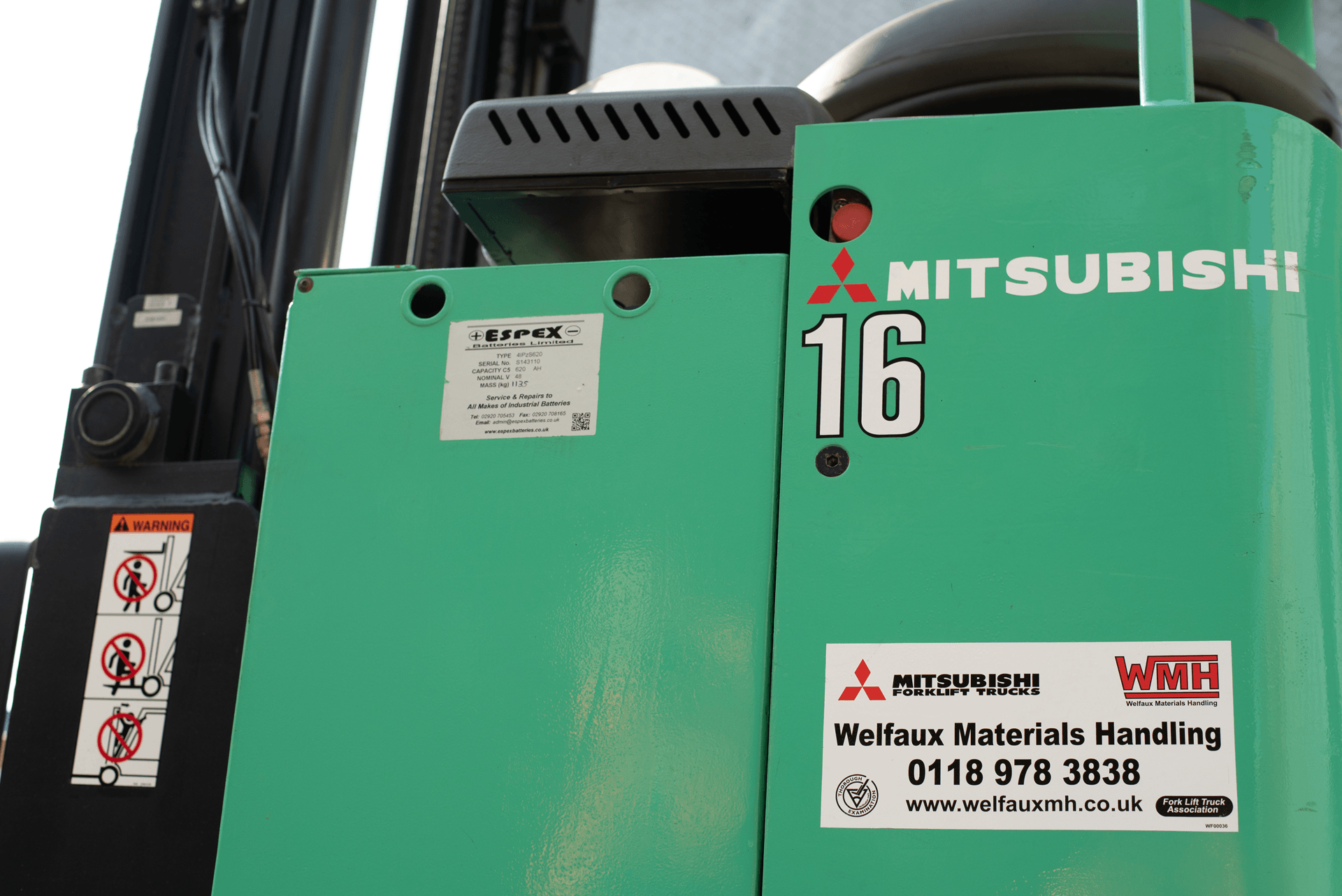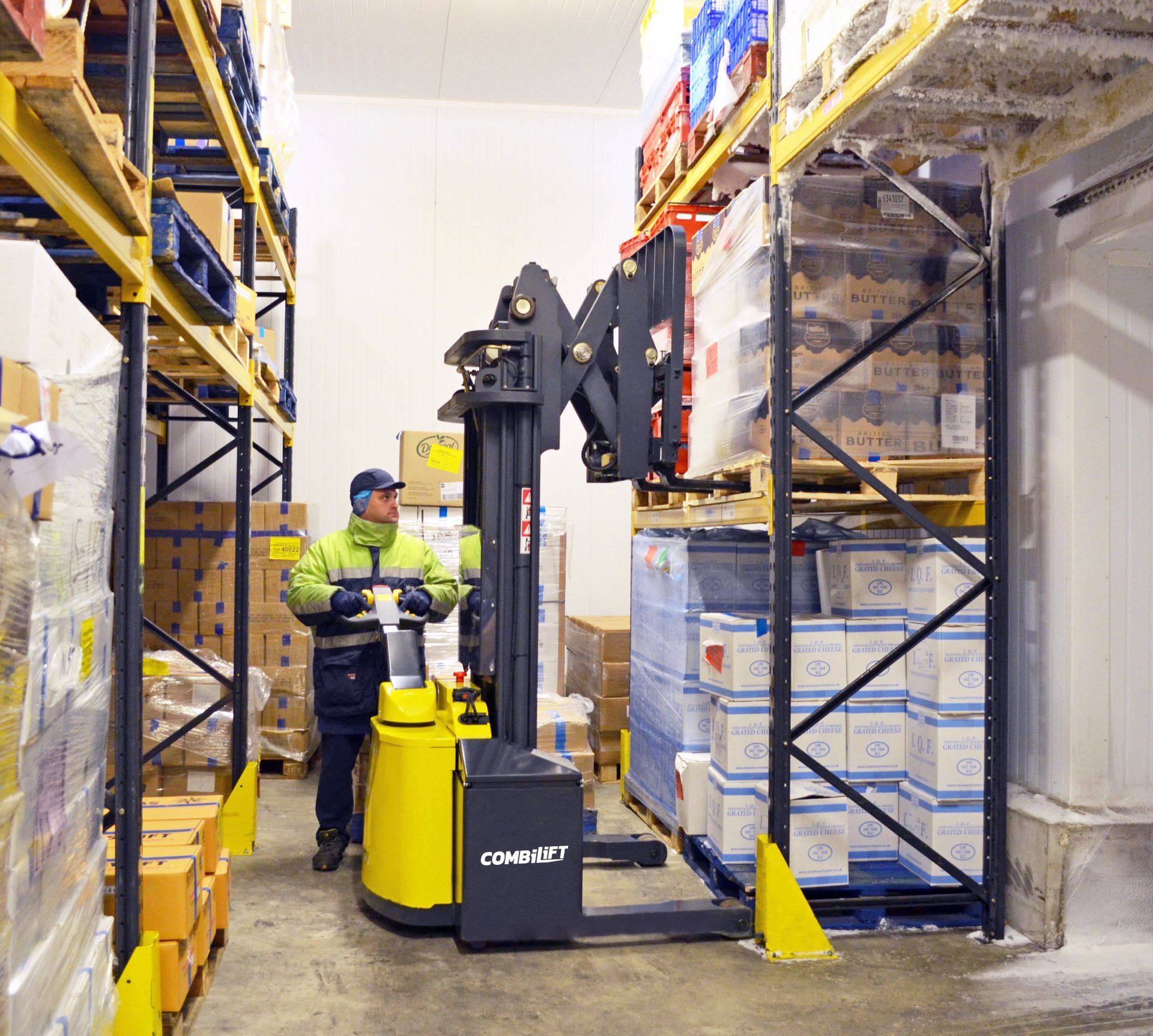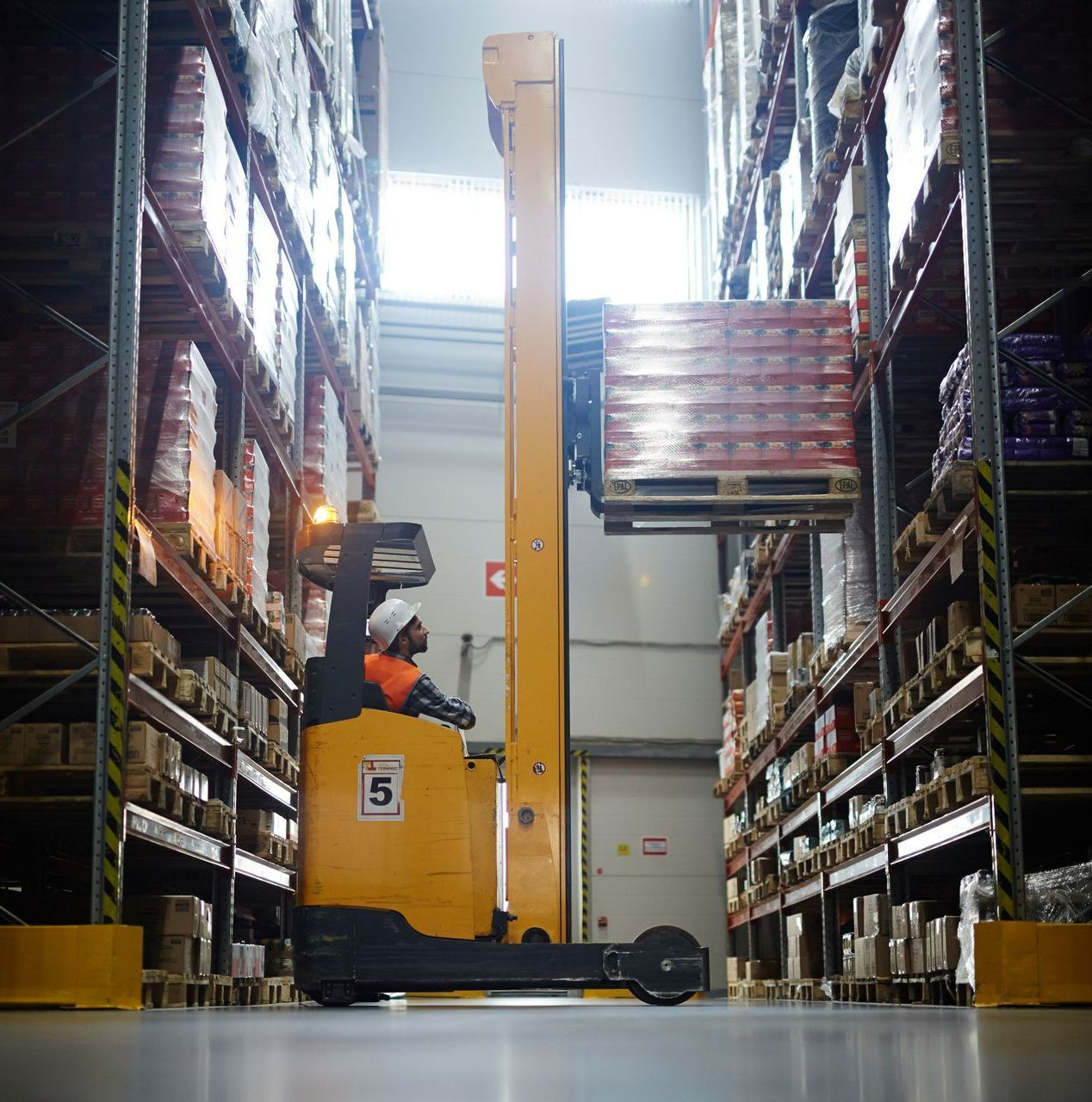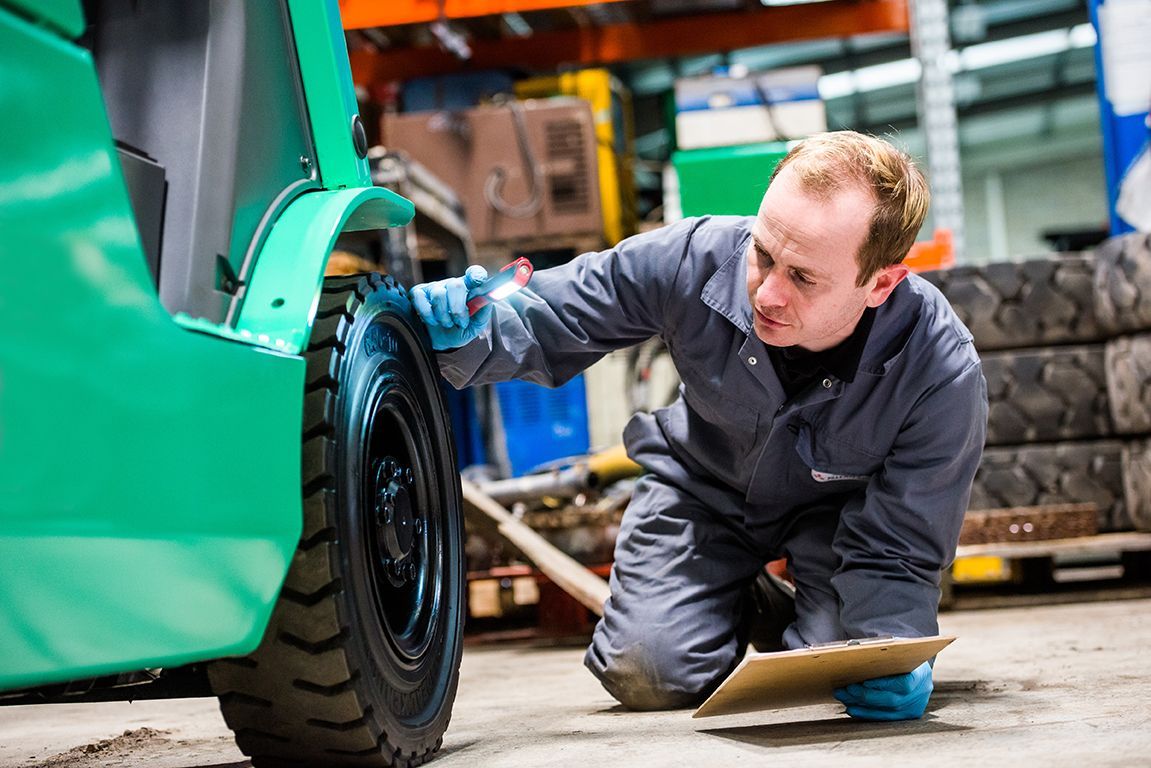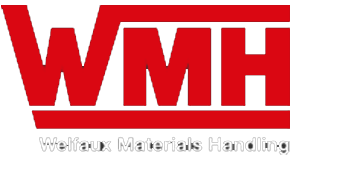January 15, 2017
The reliability of a new truck, combined with very cheap finance deals often makes a used truck a non starter for many businesses. However, there are times when a used unit could be justified, so we set out the following guide to help customers in selecting the best used forklift to suit their needs (and of course, we hope that the choice would be a Welfaux Refurbished Truck). WHEN TO BUY USED Right now, there are some very attractive deals on used equipment – but it’s also a very good time to buy new, so you need to be extra careful to get the best overall deal. Like buying a used car, the seller may not want to tell you everything and repair bills could cost you thousands, so it’s up to you to choose a reputable supplier and to check the truck thoroughly before you buy. If your business depends on a particular type or specification of forklift then you should probably not take a chance on a used truck. Choosing a used truck increases your risk of breakdown, so before buying, ask yourself the following questions: Will your business lose a great deal if the truck fails? Is the truck’s application demanding? Will you be using the truck for more than four hours per day? If the answer to any of the above is yes, a new truck should be strongly considered for reliability. Equally, if the truck you use currently is vital to your operations, you may wish to buy another second hand truck and keep it as a spare to support your operations. Whatever your needs, use the following checklist to help you come to the right decision… IS THE TRUCK YOU ARE CONSIDERING REALLY UP TO THE JOB? Whether you’ve already decided to purchase used or not, ask at least three dealers to carry out site surveys and quote for both new and used. When quoting used trucks, some dealers will quote based on what they hold in stock rather than trucks specifically suited to your application. By contrast, dealers will often detail the optimal truck for your operation when quoting for a new machine. By requesting both new and used quotations, you can easily query any variances, including capacity, mast height and truck type. LOOK FOR A RELIABLE MANUFACTURER AND MODEL Not all makes of truck age equally well. Choose a well-known manufacturer that has an established reputation for reliability; you can expect their trucks to have far fewer and less costly problems in later life and to retain more of their value in their ‘second life’. Opting for a reputable manufacturer increases a truck’s residual value and improves your ability to source parts and service easily in the long term. Likewise, always choose the most reputable dealer in your area. Just as your truck should be reliable, so should your dealer. To find those best suited to the needs of you and your business, always ask for references. For added protection, select a dealer who is a member of a trade body such as the Fork Lift Truck Association. Their membership is an indicator of their integrity and standards of customer service. To find out more about the Fork Lift Truck Association, visit www.fork-truck.org.uk. CHECK THE PAPERWORK CAREFULLY CE mark on the truck Identity plate (with manufacturer name and address) and capacity plate in correct language CE Certificate in correct language Operators manual for the truck, in correct language Labels and warning on the truck in correct language Make sure that the truck has a genuine CE mark which shows it’s been approved for European use. With a growing number of ‘rogue imports’ on the market – without the CE mark – you could be stuck with a truck you can’t sell, get parts for or, in the event of an accident, could even invalidate your insurance. For more details on rogue imports, see our article ‘Don’t bet your business on a rogue truck’. Buyers should always ask to see the truck’s current ‘Certificate of Thorough Examination’ – it is a legal requirement for every truck and should cover the requirements of both PUWER and LOLER. Like an MOT for your car, this certificate does not check for all potential problems, and some areas like the engine are completely uninspected, but it is a vital basic check for key safety areas like mast and chain condition. If you are in any doubt about a truck’s condition, do request an independent Thorough Examination prior to purchase. To find a company accredited to carry out a Thorough Examination in your area, visit: www.thoroughexamination.org.uk HOW MANY HOURS HAS IT DONE? Always check the truck’s hour-meter as you would with a car’s odometer. Consider what would you expect from a used car with 150,000km ‘on the clock’… forklift experts equate one hour of fork lift truck use to be the same as driving a car at an average speed of 50 km/hr, so running a truck for 1,500 hours a year is the equivalent of driving a car 75,000 km – each year! A good rule of thumb is to look for a truck which has been run for 1,000 hours or less for each year of its life. However, a word of caution – remember that, like cars, this can be tampered with by less than reputable dealers. To confirm the meter reading, always ask for a service record (as you would for a car); this will also ensure it has been properly maintained… TRY BEFORE YOU BUY Forklift trucks should always be inspected and given a test run prior to purchase. This is especially important with the rise of trucks being purchased online. Some engineers are reporting growing problems with trucks purchased in this way. Particularly with IC engine trucks, it’s essential that you start the engine from cold. Pay special attention to the ease of the engine when turning over and look out for excessive smoke levels. To test the truck’s performance in challenging situations, ask a qualified operator to manoeuvre the truck up the ramp in both forward and reverse. CONDUCT A THOROUGH HYDRAULIC LEAK TEST As part of your own inspection, try this simple test on an IC engine truck: park the truck on a clean area of floor, then run the truck for around 10-15 minutes. During this time, have a qualified operator operate all of the hydraulic functions. Finally, move the truck away and look on the ground to see if there are any tell-tale fluid leaks. Even small leaks are important warning signs and can prove expensive to rectify, particularly transmission leaks. CHECK THE MAST OPERATION Check for smooth mast operation, with and without a load. The mast should not ‘bind’ (stick) and there should be no play in the mast channels or between the fork carriage and mast. Masts and chains must always be checked by a competent person. Look out for any creeping down or creeping forward of the mast when loaded. This could be a sign of seals, ram or valve problems. Check also that the rating plate on a truck refers to the mast and any fitted attachments. During the course of a truck’s life, the mast may have been changed. This is often overlooked. If there is a sideshift, check whether it’s operating smoothly and not sticking when loaded. CHECK THE FORKS Examine the truck’s forks for damage or wear, paying special attention to: Thickness at heel: The minimum should be specified by the truck’s manufacturer. But, If this is not available, it should be in accordance with ISO5057. Fit: A loose fit could indicate worn carriage or hanger points. Cracks: Visually check for cracks on the arms at heels and mountings WHAT DOES THE WARRANTY ACTUALLY COVER? Always ask to see a truck’s warranty documents, paying special attention to: How much warranty is being offered What the warranty covers What the exclusions are For additional security, you may wish to request an additional warranty on the battery. Importantly, most warranties apply to new trucks – with some terminating upon resale. But some do travel with the truck to its new owner. The Extended Warranty on Mitsubishi Forklift Trucks is an example of this. LOOK OUT FOR EX-RENTAL OR EX-DEMONSTRATION BARGAINS An ex-rental truck can be a good choice for your ‘back-up’ truck as they are often well-maintained and are normally sold after fewer years’ use. Typically an ‘owned’ IC engine truck is used around 1,500 hours a year and is part exchanged after about seven years (electric trucks up to 10 years). In comparison, a truck that was part of a short-term hire fleet should have far less than 1,000 hours a year on the clock and is typically re-sold after just 3-5 years Similarly, a truck that was only used as a dealer demonstration model should have very low truck hours. WHAT CONDITION IS THE BATTERY IN? On an electric forklift, a large part of its value is the battery and replacing one is very expensive. Imagine that when the truck is new it’s about 30 per cent of the total value and after 5 years it can be 40 per cent or more. To help gauge the sort of battery life you can expect from a second-hand electric counterbalance truck, you simply need to remember that – as a rule of thumb – a battery’s life consists of 1,200 charges – lasting approximately five hours each. By dividing the number of hours a truck has been in operation by five, you can discover just how many charges it has left. Let’s look at a truck which has worked 3,500 hours: 3500 hrs worked to date /5 = 700 battery charges used 1200 battery charges available – 700 battery charges used = 500 battery charges remaining 500 battery charges remaining x 5 hr per battery charge = 2500 hours of battery life remaining To determine the impact of battery life on your site, why not calculate your annual use? Just multiply the number of hours the truck will be in operation each week by 52. If your trucks are needed 24 hours per week, your annual use (1248 hours) means that your battery will need to be replaced in two years’ time. One way to determine a battery’s health is to examine the battery plates for white crystals. This could be a sign of sulphation, a naturally occurring process whereby sulphuric crystals from the sulphuric acid attach themselves to the lead plates, preventing the battery from charging. This problem is more common in warm environments where batteries are used or charged often and is a prime cause of premature battery failure… and loss. Alternatively, you could request an inspection of the truck’s battery by a battery manufacturer or reputable forklift truck dealer. They will be able to test the specific gravity of the battery. The findings will verify the health of this vital truck component. CHECK THE TYRES Check the tyres for signs of uneven wear as this can indicate poor axle alignment – a very pricey repair job. Make sure any truck you’re thinking of purchasing has not been fitted with the wrong type of compound tyres. These wear prematurely and can be a costly exercise to correct. On solid tyres, look out for a pronounced line: this will indicate that a truck is nearing its wear limit. Replacement of forklift tyres can be expensive. It’s better to buy the right tyres (click here for our earlier article on this). When you’ve done this, you can kick the tyres if you like… SIGNS OF ABUSE CHECKLIST There is no substitute for an extensive examination by an expert, ideally your own in-house service engineer if you have one. Here are some key points that should be looked for. Why not print out this checklist and take it with you when you inspect the truck… Damage to overhead guard or backrest Low oil pressure Worn rings or valves Radiator damage Rust in engine coolant Discoloured transmission fluid Bowed or scored mast channels Score marks on the mast or cylinder rods Downward drift of an elevated carriage Leaking hydraulic control valves Absent or suspicious CE mark Fork arms with cracks, welds, bends or excessive wear Loose steer axle knuckles or tie-rod ends Chassis cracks or signs of re-welding Heavy rusting on the chassis Missing safety equipment High truck hours (over 1,000 hours per year since new) Certificate of Thorough Examination. Uneven tyre wear Fluid leaks under the truck when idling for 10-15 minutes Excessive noise from motor when carrying a load Sooty residue in the exhaust pipe Brakes should stop smoothly and in a straight Operator manual in your own language A SK WELFAUX ABOUT OUR APPROVED USED AND REFURBISHED FORKLIFTS If you need a truck as a spare or only have occasional use for one, buying used may well make sense. It’s not always possible, but, if you’re in any doubt, you could take the unusual step of asking if you can hire the machine for a few weeks before committing to buy. At Welfaux, take pride in pairing a vast product range with competitive prices. As well as new and used trucks for sale, Welfaux offers a wide range of materials handling equipment for immediate short and long term hire, with maintenance contracts and finance options to suit your specific application. All of our used and refurbished equipment is thoroughly inspected and certified safe for use. If your business depends on the truck, it’s most likely a better business decision to buy new -possibly with an extended warranty. Whatever you decide, take as much care as you would buying a car – and ask Welfaux for advice and guidance. Call us on 0118 978 3838 or email us now for our up to date used trucks stock list – and a comparitive finance quote on a new truck. You might be suprised…
